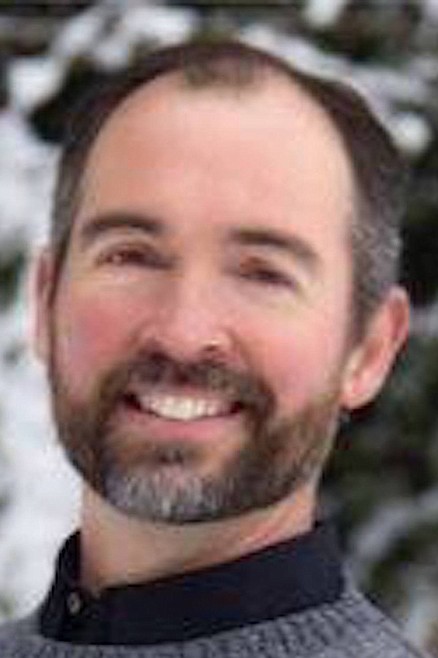Gathering information from many sources critical for us all
Satirist Jonathan Swift wrote, “Falsehood flies, and truth comes limping after it, so that when men come to be undeceived, it is too late; the jest is over, and the tale hath had its effect.”
Sensational falsities tend to disseminate widely and rapidly, overshadowing the slower and much tamer truth. While most “fake news” stories are debunked and half-heartedly apologized for later, their influence on the opinions of an audience is immense. When lies reach people first, their entire view of an issue is defined by false information. Often, most initial claims are later adjusted to accommodate the boring or disadvantageous truth, but the damage has been done. We can see the effect of this bias applied in many areas, but it is especially evident in politics and media.
As long as man has organized into political communities, the struggle for control has been a strong influence on the delivery of information, both false, and true. The power to be gained, notoriety to be achieved, and money to be made, has led many to attempt to manipulate public opinion in order to gain favor, leaving a busy public with having to make important decisions about their future with tainted information.
Although James Madison spoke of the dangers of political factions, and George Washington warned against forming political parties, the roots of our present battle for truth began early in American history with the campaign of 1800. John Adams was running for a second term as president, with the then vice-president Thomas Jefferson opposing him. The formerly close friends engaged in trading insults through various publications with Jefferson ultimately hiring someone to conduct a campaign of misinformation. The campaign swayed pubic opinion, and resulted in Jefferson winning the election.
It is not difficult to fast forward this tactic to our hyper-speed information age, and see where it can be used in similar fashion, but even more effectively for those who wish to deceive. Algorithms are designed to target delivery of information specific to what the interests of the user are, newsletters are produced by those who have “inside information”, and audio and video recording are edited to present a certain side of an issue or are simply falsified altogether. Despite the incredible amount of information that is available to us, these practices result in a narrow spectrum of information as opposed to one that is broad. Misinformation is perpetuated through intentional repetition, but also exposes itself through well meaning people reiterating what they perceive to be truth.
The first piece of information we receive, especially from a trusted source, is very difficult to dislodge no matter how much evidence is presented to the contrary. Studies have shown that we more easily remember the first piece of information we receive, and that we tend to rely on that first piece of information more heavily. This is especially true if there is an emotional component to the subject we are interested in. Fear and anger are two emotions used frequently, and effectively, to make individual opinions more malleable.
Our republican form of government calls us to be informed. In fact, our state constitution implies that this is the reason we have a system of public education, Article 9, Sect. 1 ”The stability of a republican form of government depending mainly upon the intelligence of the people ….” However, it is difficult for many of us to spend the time it takes to discern what is true and what is not. We rely on sources we perceive as trustworthy, or how certain information strikes us emotionally, but this is where we can be open to receiving, and repeating, misinformation. The effort ought to be made to gather as much information as possible when forming our opinions, as opposed to solely relying on the first piece of information we hear. In doing this we will be preserving our government, and encouraging a return to its founding principles.
Sage Dixon represents Bonner and Boundary counties in the Idaho House of Representatives, District 1B. He can be reached at sdixon@house.idaho.gov.

